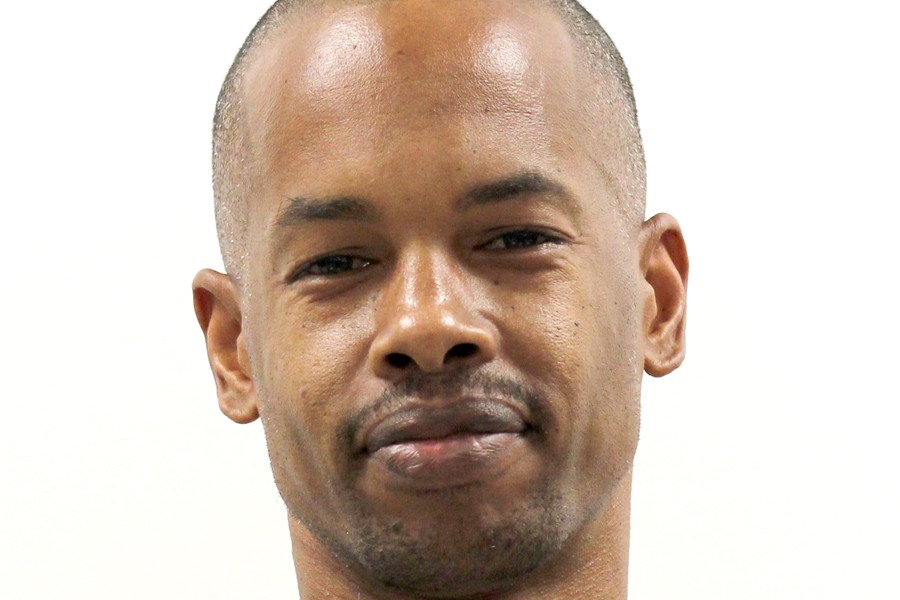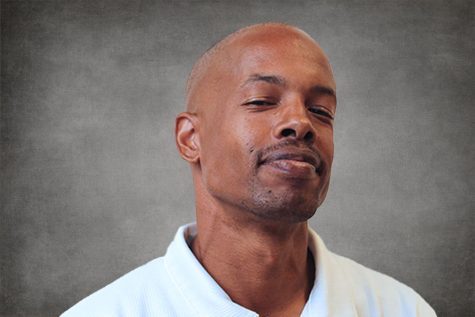Social media’s ‘dark side’ should not fuel ban
Oct 13, 2015
To the average college student the expansive landscape of social media platforms is no passing fad. It is a communication staple connecting people in ways that could not be fathomed just a decade ago.
But there is a dark side.
Lists exist online of tweets and stories that can only be described as collections of misogynistic, moronic statements made in public forums.
One example is a tweet in 2009 published by University of Arkansas basketball player Courtney Fortson.
He tweeted, “I’m getting in workouts like a dude who doesn’t understand the word no from a drunk girl lol.”
That dark side is fueling the debate around the increasing number of college athletic programs that impose a social media ban on their players.
Some colleges, including Clemson University and the University of Minnesota, have already enforced the ban.
According to the Southern Poverty Law Center, at least 59 athletic departments restrict student-athletes’ use of social media.
The U.S. Supreme Court ruled in Tinker v. Des Moines Independent Community School District that a public institution cannot censor speech simply because it wishes to avoid “discomfort and unpleasantness.”
As of late, tweets that represent why a student should be allowed to mature while using social media are by Ohio State quarterback Cardale Jones. He tweeted in 2012, “Why do we have to go to class if we came to play FOOTBALL, we ain’t come to play SCHOOL classes are POINTLESS.”
Jones redeemed his social media image three years later (following a National Championship victory) while tweeting about the #BlackLivesMatter movement.
He tweeted in July, “Why is it that the only ones getting beaten, killed when unarmed & die in police custody are African American. You tell me that #AllLivesMatter well I say how do you define ‘All’?”
A fan responded on Twitter, “Worry about getting us another championship…Stay out of this bullshit.”
The quarterback’s response instantly spread through the social media stratosphere.
Jones tweeted, “Sorry mr massa, I aints allo to tweet nothin but foosball stuff I donts want you to think I more than a foots ball playa.”
Jones could have been suspended or removed from his team for reckless or irresponsible posts. But no action was taken against him.
And rightly so. College is not a place of work. They are supposed to be institutions working to educate students.
The discussion returns to the students who have the most impact on a college’s bottom line. It is unreasonable to hold amateurs to the same standard as professionals who sign code of conduct policies.
If student-athletes are to be held to the same standards as their professional counterparts, seen as little as a coin in an ever-flowing fountain of money, then their bank accounts should be represented accordingly.



